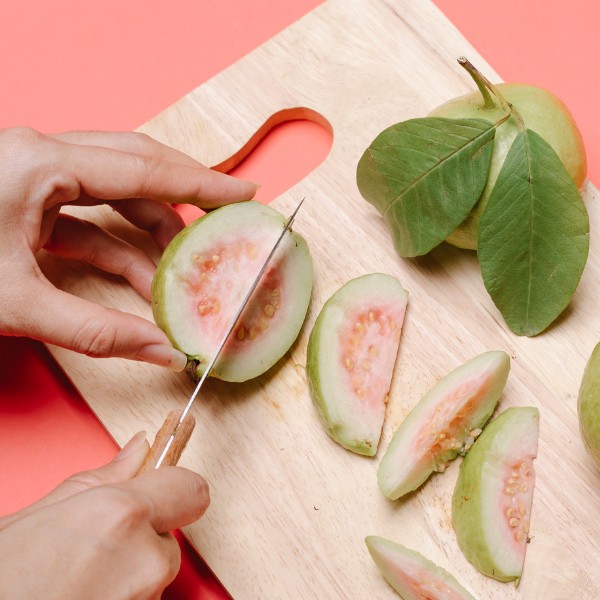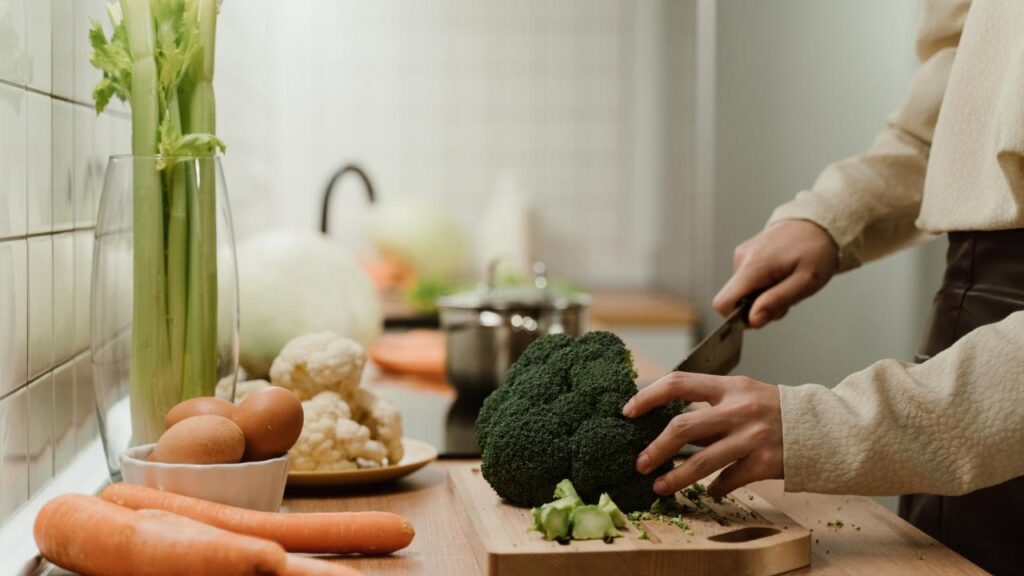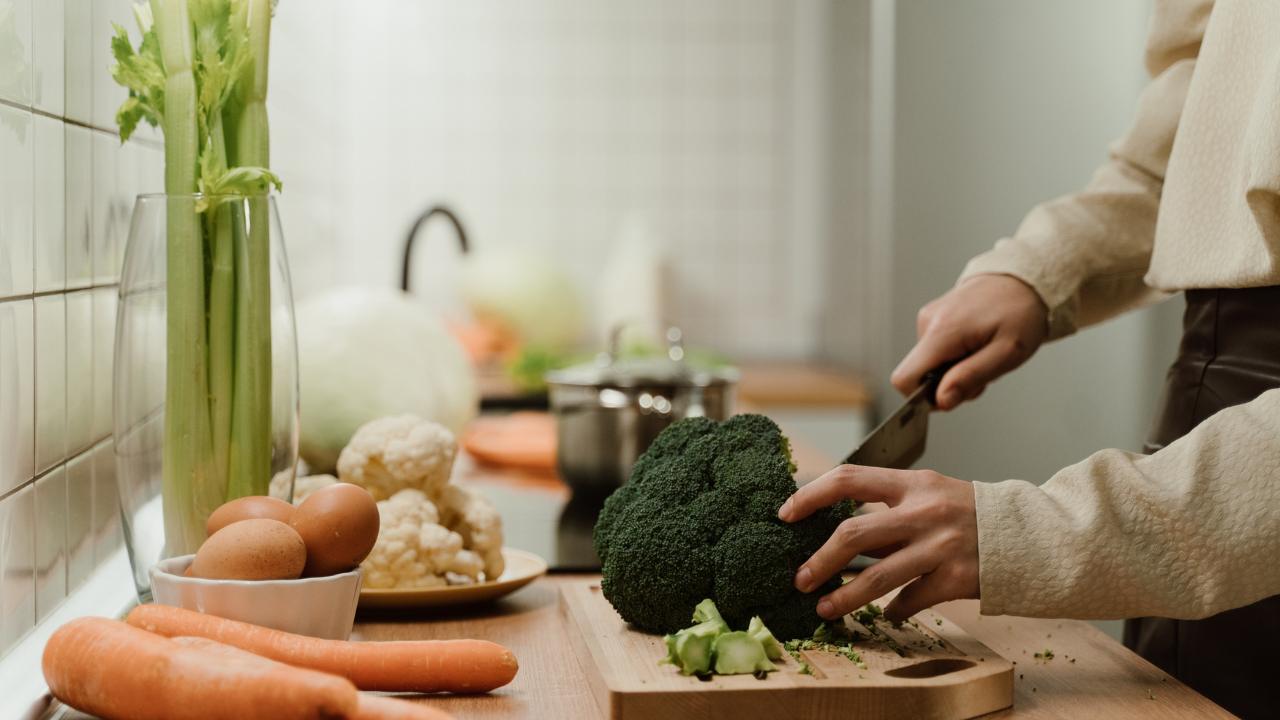When it comes to kitchen tools, cutting boards are essential. But a common question arises: “Do Epicurean cutting boards need to be oiled?” Unlike traditional wooden boards, Epicurean cutting boards have unique maintenance requirements due to their composite material.
Understanding these requirements can help you keep your cutting board in top condition while ensuring it remains hygienic and long-lasting.
This guide dives deep into the care of Epicurean cutting boards, the necessity of oiling, and the benefits and limitations of these versatile boards.
Do Epicurean Cutting Boards Need to Be Oiled?

The answer is no—Epicurean cutting boards do not need to be oiled. These boards are made from a paper-based composite material that is non-porous and designed for durability. Unlike wooden boards, they do not absorb water or dry out over time, so oiling is unnecessary.
Oiling is typically done to keep wooden boards moisturized and prevent cracking, but Epicurean boards are built to resist such issues. While they don’t need oiling, there are specific care tips to ensure they last and perform well in your kitchen.
Epicurean Cutting Board Care Tips
Taking care of an Epicurean cutting board is simple and straightforward. Here are some best practices to keep your board in excellent condition:
1. Cleaning Epicurean Cutting Boards
- Epicurean boards are dishwasher-safe, making cleaning easy.
- After each use, you can wash them with warm, soapy water or place them in the dishwasher.
- For stubborn stains, try using a paste of baking soda and water to gently scrub the surface.
2. Protect from High Heat
- While Epicurean cutting boards are heat-resistant up to 350°F (176°C), avoid placing them directly on stovetops or grills. Prolonged exposure to extreme heat can compromise their durability.
3. Reduce Knife Marks
- To minimize wear and tear, use both sides of the board for cutting.
- Avoid cutting extremely hard materials like frozen foods or bones to prevent deep scratches.
4. Proper Storage
- Store the board upright or in a well-ventilated area to keep it dry and ready for use.
These simple steps can ensure your Epicurean cutting board remains a dependable kitchen companion.
Pros and Cons of Epicurean Cutting Boards
| Pros | Cons |
|---|---|
| Dishwasher-safe for easy cleaning | Not suitable for use on direct heat sources |
| Non-porous and resistant to bacteria | May show knife marks with frequent use |
| No oiling or conditioning required | Slightly less aesthetic compared to wooden boards |
| Lightweight and easy to handle | Limited in terms of heat resistance |
| Durable and long-lasting design | Can feel harder on knife blades than wood |
Epicurean cutting boards offer convenience and durability, but like any product, they have their limitations.
Why Do Epicurean Cutting Boards Not Require Oiling?
Unlike wooden boards, which require oiling to stay moisturized, Epicurean cutting boards are crafted from a compressed paper-fiber composite material. Here’s why oiling isn’t necessary:
- Non-Porous Surface: These boards don’t absorb water or liquids, meaning they don’t dry out or crack. Oiling serves no purpose on a non-porous material.
- Durability: Epicurean boards are designed to withstand regular kitchen use without the need for oil-based maintenance.
- Hygienic Properties: The smooth, non-porous surface resists bacteria and food stains, making oiling unnecessary for maintaining cleanliness.
This unique material composition makes Epicurean boards low-maintenance, ideal for busy home cooks who value functionality.
How to Maintain Epicurean Cutting Boards Without Oiling
Regular Cleaning
Always clean your Epicurean cutting board after use. Whether you handwash it or place it in the dishwasher, ensure it’s fully dry before storing it.
Occasional Deep Cleaning
For tough stains or lingering odors, sanitize the board with a mixture of white vinegar and water or use a mild bleach solution. This keeps the board fresh without damaging its surface.
Protecting the Surface
To avoid unnecessary wear, use the board only for food preparation and refrain from using it as a hot pad or chopping extremely hard items.
By following these steps, your Epicurean cutting board can remain a long-lasting tool in your kitchen.
Best Practices for Epicurean Cutting Boards

In addition to regular cleaning and care, these practices can help you get the most out of your board:
- Rotate the cutting surface by using both sides of the board.
- Avoid using harsh or abrasive scrubbing tools, as they may scratch the surface.
- Store the board in an upright position to prevent unnecessary contact with other items.
Related Article: The Ultimate Guide to Choosing the Right Cutting Board for Your Kitchen
Conclusion
Epicurean cutting boards are an innovative solution for modern kitchens, offering low-maintenance care and hygienic properties. Unlike traditional wooden boards, they don’t require oiling due to their non-porous, durable design. Proper cleaning, storage, and handling ensure these cutting boards last for years.
By understanding their unique features and care needs, you can make the most of this versatile kitchen tool.
FAQ’s
Do Epicurean cutting boards need to be oiled?
No, they do not. These boards are made from a non-porous composite material that doesn’t require oiling for maintenance.
How should I clean my Epicurean cutting board?
You can clean it with warm, soapy water or place it in the dishwasher. For stubborn stains, use baking soda or white vinegar.
Are Epicurean cutting boards hygienic?
Yes, their non-porous surface resists bacteria and food stains, making them a hygienic choice for food preparation.
Can I use my Epicurean cutting board for hot pans?
These boards are heat-resistant up to 350°F (176°C). However, avoid placing them directly on stovetops or grills to prevent damage.
What are the best practices for Epicurean cutting board maintenance?
Regular cleaning, alternating cutting areas, and proper storage are key practices to maintain your board’s durability and hygiene.

